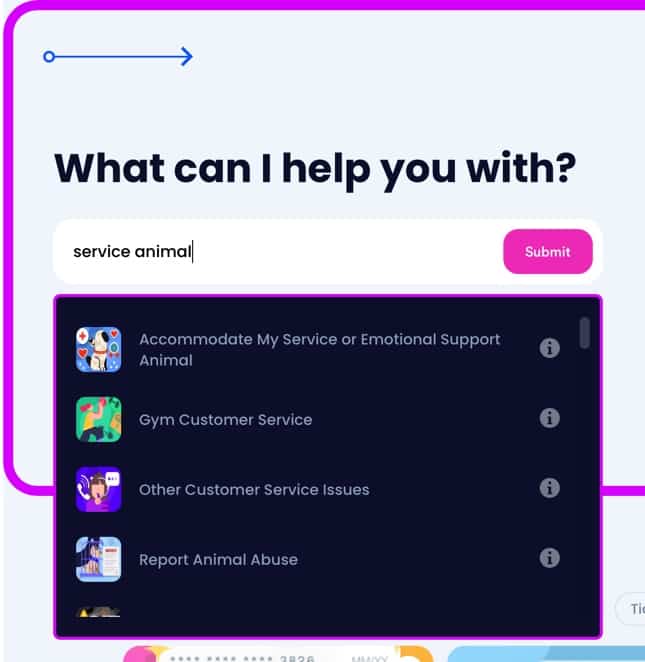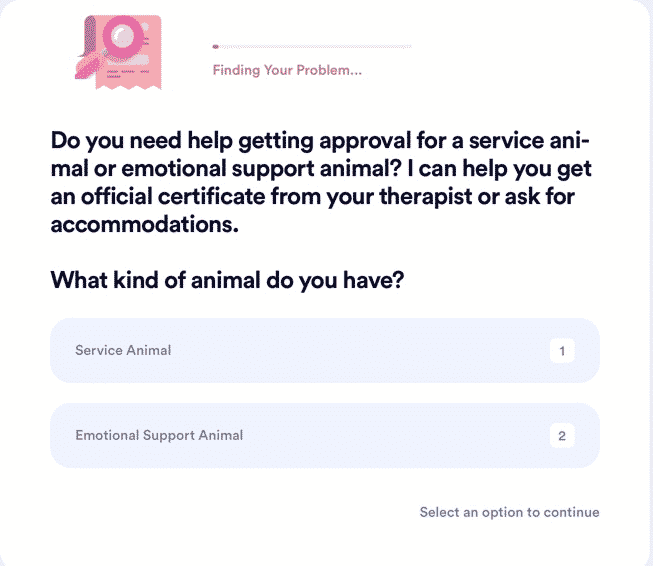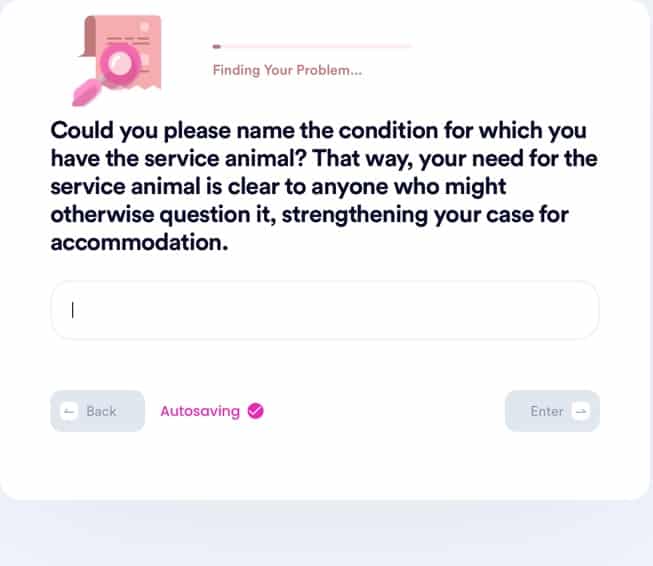Can A Snake Be An Emotional Support Animal
Many people find the company of animals to be quite comforting. Some folks may even prefer the company of creatures to that of humans. Although not as popular as dogs and cats, snakes are considered by some to be the ideal companion. ? Here's everything you need to know.
What Is an Emotional Support Animal?
Basically, an emotional support animal can be any kind of critter that brings you comfort. Emotional support animals are not the same as service animals which are trained to perform specific tasks that are directly related to their human's disabling condition.
According to Title II and Title III of the Americans with Disabilities Act (ADA), a service animal is a dog that performs tasks for a disabled individual. Snakes do not qualify to be service animals.
Physical, psychiatric, sensory, and intellectual disabilities are conditions that may qualify a person for a service dog that has been well trained to do helpful things like pulling a wheelchair, navigating a sidewalk, retrieving dropped items, turning on lights, and pushing elevator buttons. A service animal may also be trained to remind its owner to take scheduled medications.
ADA Approved Service Animals
Service Animals
| Seeing-eye dogs | A guide dog trained to lead a blind person. |
| Bomb-sniffing dogs | The most common dog breeds that are used for bomb detection jobs are German Shepards. Labrador Retrievers. Belgian Malinois. |
| Cadaver dogs | Human-remains detection dogs, or cadaver dogs, are used worldwide on land and water. Well-trained dogs help find the missing and dead in disasters, accidents, murders, and suicides. |
Service animals are by law allowed to go just about anywhere. An emotional support animal, on the other hand, may not be taken in most public places, including airplanes, unless the owner holds the proper paperwork, including an ESA letter from a licensed professional.
Can a Snake Be an Emotional Support Animal?
Actually, any type of animal that provides comfort to its owner may be considered an emotional support animal. ESA is typically warm-blooded, four-legged critters. According to ESA Registration, the commonest emotional support animals are
- Dogs
- Cats
- Ferrets
- Rabbits
- Horses
- Pigs
- Hedgehogs
- Snakes
Why a Snake Can Be a Good Emotional Support Animal
with psychological disturbances, they may also help people on the autism spectrum, says Clever Pet Owners.
- Snakes are easy to keep
- Snakes are clean and quiet
- Snakes can be left on their own
- Snakes are calmer than cats and dogs
- Snakes do not have dander
- Snakes do not shed hair
- Snakes don't need to be taken for a walk
Where Can an Emotional Support Animal Go?
Public buildings, restaurants, stores, and airlines are typically required to allow ADA-approved Service Animals on the premises. Landlords are also required by law to allow a tenant to rent with a service animal.
The same businesses, restaurants, airlines, public buildings, and landlords are not mandated by law to allow access by an emotional support animal. If you have an ESA letter from a medical or mental health professional, the rules may be bent to accommodate your needs. The trick is getting the letter.
What Needs to Be Included in Your ESA Letter?
- Date of letter
- Diagnosis according to the Diagnostic and Statistical Manual of Mental Disorders
- Therapist's name and signature
- Therapist's license numbers and state of issuance
- Your full name along with ESA details, including name and breed
How to Get an ESA Letter by Yourself
If you have a , talk with the doctor or mental health therapist from whom you currently receive treatment. Request that they write a letter on their official letterhead and include your name, the animal's name and breed, as well as the place and the reason that you need an emotional support animal.
If you do not currently have a therapist, you may have a hard time finding one that will write you an ESA letter without first establishing a professional therapist-client relationship.
With a properly worded ESA letter, you may be able to board a plane, enter a restaurant, and do access other places where animals are generally prohibited.
A Much Simpler Way to Get an ESA Letter
Convincing a therapist or medical professional to write the letter that will help you travel with an ESA can be a tiresome process. Fortunately, DoNotPay knows how exactly to streamline the process. Here's all you have to do:
- Log into DoNotPay and search for "service animal"
- Select the issue that pertains to you
- Answer a few quick questions about your emotional support animal
- Ask us to contact your landlord -or-
- Ask an air carrier how you can travel with your emotional support animal
- DoNotPay can even request an ESA letter from a therapist on your behalf
Next Steps if You Can’t Do It Yourself
Here’s how DoNotPay can help:
Through our new Service and Emotional Support Animals product, DoNotPay can help you with all of your ESA-related concerns, including contacting your landlord about your ESA, asking airlines about their accommodation options, and finding the most affordable online ESA-letter service.
- Search "service animal" on DoNotPay.

- Select the type of issue you need help with, including contacting your landlord about your ESA/service animal, asking your airline about ESA options, or requesting ESA/service accommodations at other venues.

- Answer a series of questions about your current situation and the details of your ESA/service animal, so we can generate the best results for you.

And that's it. Depending on your issue, DoNotPay will generate a letter to your landlord and mail it on your behalf, contact the airline agency and get back to you with an answer, or send a letter to your mental health professional requesting an ESA letter.
What Else Can DoNotPay Do?
DoNotPay can help you to:
- Register an ESA dog
- Take your ES animal on an airplane
- Landlord accept your companion animal
- Fair Housing Act as it applies to companion animals
- Fly on United Airlines with your ES animal
- Fly on Southwest Airlines with your emotional support animal
- Request letter to your therapist
- Understand the rules about support and companion animals
If you need DoNotPay to help you travel with your or want to know about other services that we offer, . The sooner you let us know what you need, the sooner we can assist.


